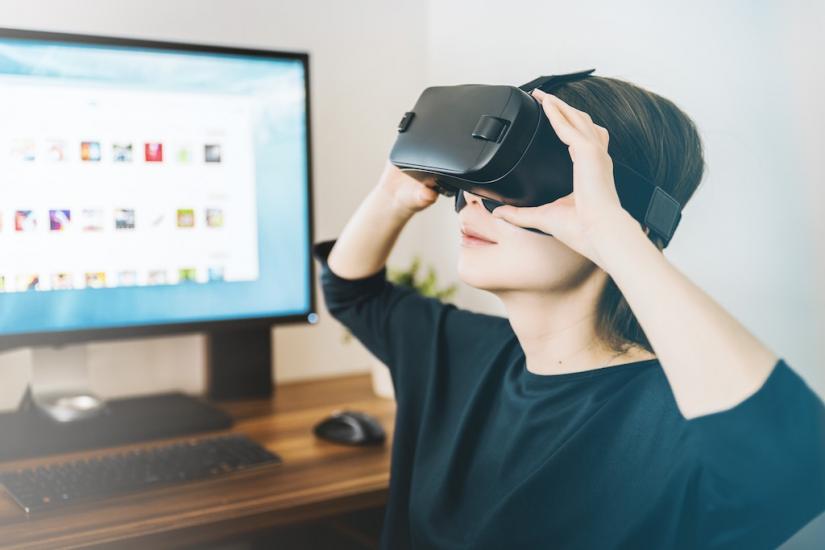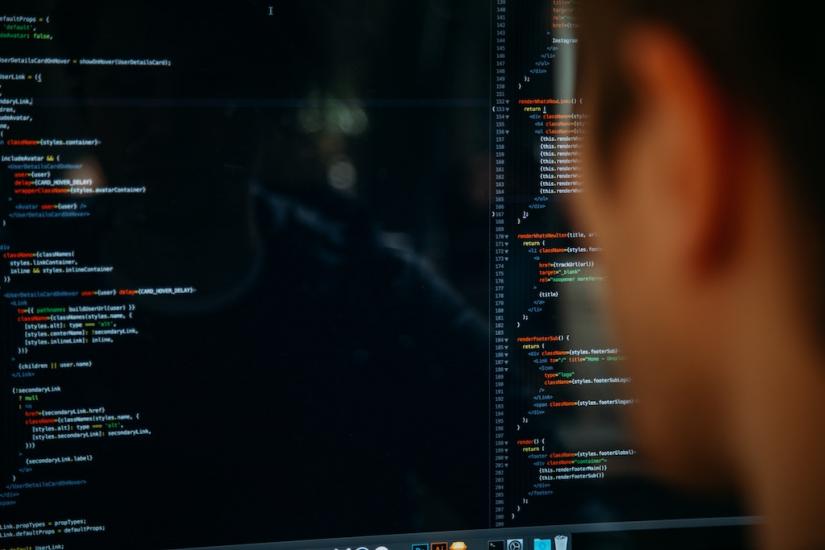The UTS Library team were looking for a way to build their digital literacy and technical skills. They wanted to change their practice by improving their ability to find, evaluate and combine technology to solve problems or create something new. They were also looking for support as they rolled out the Tinker Time project, aimed at empowering students to design and prototype projects, learn coding, and computational thinking. To help them achieve their goals they used Learning Journeys.
As a part of the project, students could borrow Tinker Time kits from the UTS Library. The kits included a number of different tech focussed applications. Students could hire a 360-degree camera that attached to their smart phone. They could also use ‘Arduino’, an open-source platform used for building electronic, and ‘littleBits’, a click-together circuitry that allows students to learn about electronics while building and prototyping. Students could also access virtual reality technologies.

Learning Journeys helps you develop the qualities and characteristics essential for strong resilient agency, or Learning Power. As your Learning Power grows, you get better at adapting in the face of uncertainty, risk or challenge. This is especially important in a changing landscape, like digital literacy.
While digital literacy encompasses learning the hard, technical skills, the Tinker Time project philosophy also acknowledged the importance of building student’s softer skills, such as problem solving, creativity and communication. In the scope of the project, students also had the opportunity to work with a library staff member to tailor their engagement with the project to specific learning outcomes. This relationship meant it was essential UTS Library staff were equipped with the characteristics and knowledge to build their digital literacy too.
Before the staff attended the workshop, they completed the Learning Journeys survey and received their Learning Power profile. The Learning Power profile provided the participants with information to help them understand themselves as learners.

During the session, the staff learnt how to unpack their profiles to help them understand their digital literacy. The seven key Learning Power Dimensions are where you can build your Learning Power. These capabilities allow an individual to thrive (live, learn and work) in a digital society; they are the habits of mind that shape a learner’s response to challenge. The Library team were able to use their Learning Power profile as a springboard from which they could identify their strength areas, or the areas they might want to improve.
Coaching conversations are a great way to help build Learning Power. With a specific focus on digital literacy, staff members participated in coaching triads. Each person shared their Learning Power Profile and formulated ideas on how they might want to improve. These conversations empower learners and help build confidence. The Library staff also planned to meet within their coaching triads once a month, ensuring the ongoing development of their Learning Power. The team were also encouraged to reflect on how they might teach these new skills to students.

